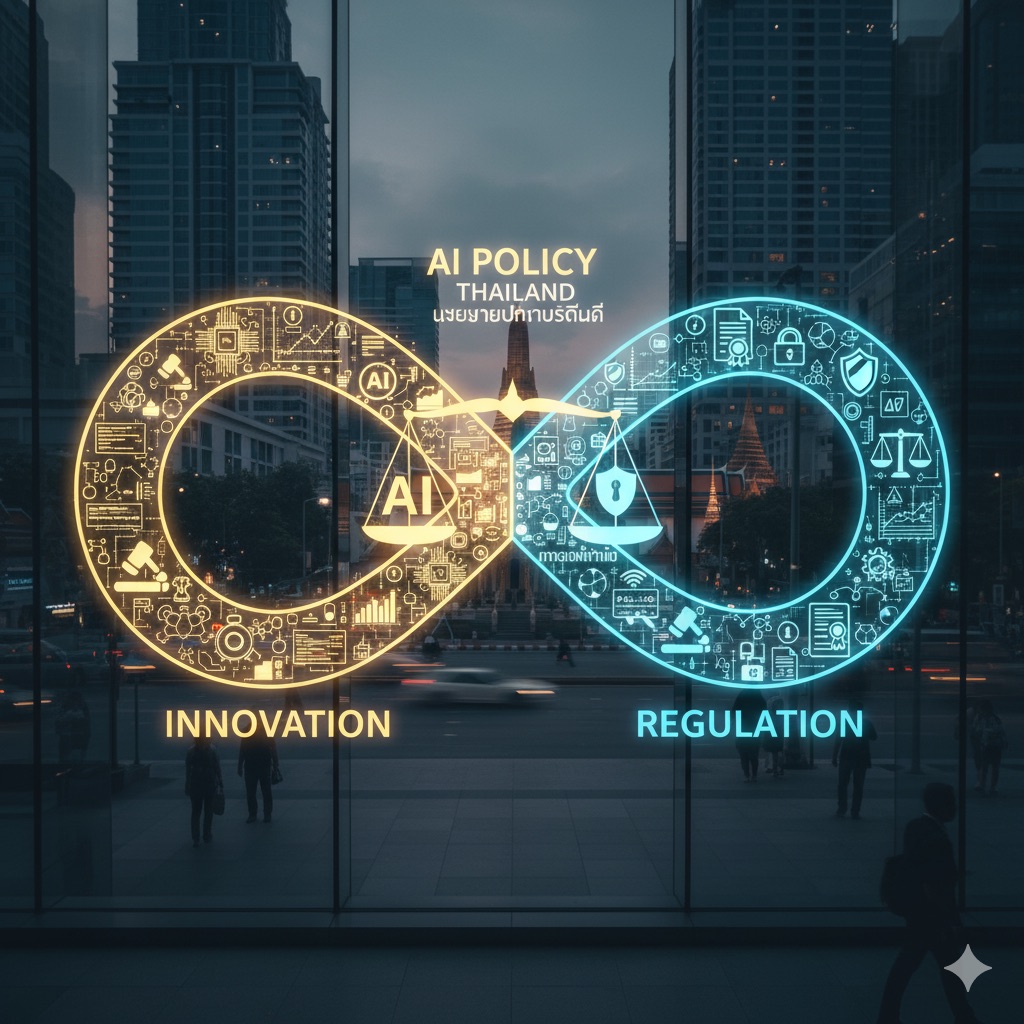Thailand is spearheading the development of a comprehensive AI governance framework that simultaneously pursues technological advancement and safety assurance, presenting a new legal framework designed to find the optimal balance between innovation promotion and risk management. The Thai government has been studying global models, particularly the EU AI Act, since 2022, and is working to consolidate two independent draft laws into a unified framework.
Regulatory Impact on Industry and Change Requirements
Thailand’s new draft AI law introduces a binary risk classification system of ‘Prohibited-risk AI’ and ‘High-risk AI’, providing clear compliance standards for the industry. The Prohibited-risk AI category encompasses systems that manipulate human behavior subliminally, perform social scoring, process sensitive attributes, or conduct real-time biometric identification in public spaces, with the use of such systems potentially subject to criminal prosecution. High-risk AI may impact fundamental rights or public safety but remains permissible under stringent obligations. Individuals subject to AI-driven decisions must receive clear notice, explanation of underlying reasoning, and meaningful opportunity to contest outcomes. AI-generated content, particularly deepfakes, will require technical measures for tracing and watermarking.
Corporate Compliance Requirements
Companies that design, import, sell, or operate AI systems must prepare governance documentation consistent with international best practices. Enterprises must map their AI system inventories and classify use cases by risk level, while adhering to risk management codes of practice issued by sectoral regulators. Enforcement agencies and relevant sectoral regulators are empowered to jointly issue administrative orders requiring AI providers or deployers to cease provision or use of prohibited or high-risk AI. The Securities and Exchange Commission has already published its ‘Regulatory Framework for the Use of Artificial Intelligence and Machine Learning in the Capital Market’ since 2023, while the Bank of Thailand and Office of Insurance Commission held public hearings this year on AI usage guidelines.
Industry Response and Strategic Adaptation
The industry is focusing on innovation support measures. The new legislation introduces limited copyright exemptions for text and data mining for model training and establishes an AI regulatory sandbox system. The Artificial Intelligence Governance Center under ETDA will conduct AI governance research and development, provide advisory services to organizations, support regulatory sandbox initiatives, compile national AI readiness statistics, monitor global trends, and foster domestic and international cooperation networks. Companies anticipate transaction cost reductions for early-stage projects through government-backed AI Innovation Testing Centers and public-private sector data sharing opportunities.
International Regulatory Trends and Global Alignment
Thailand’s draft AI law aims to strike a careful balance between encouraging innovation, managing risks, protecting individual rights, and ensuring effective governance through a flexible, risk-based approach aligned with international best practices. The tiered risk classification system, modeled after the EU AI Act’s architecture, demonstrates international compatibility while reflecting Thailand’s unique circumstances through an original approach. ETDA is revising the consolidated draft following public consultation, with additional public hearings expected through late 2025. This represents a pioneering example of comprehensive AI regulatory legislation in Asia, with significant implications for policy development in neighboring countries.

